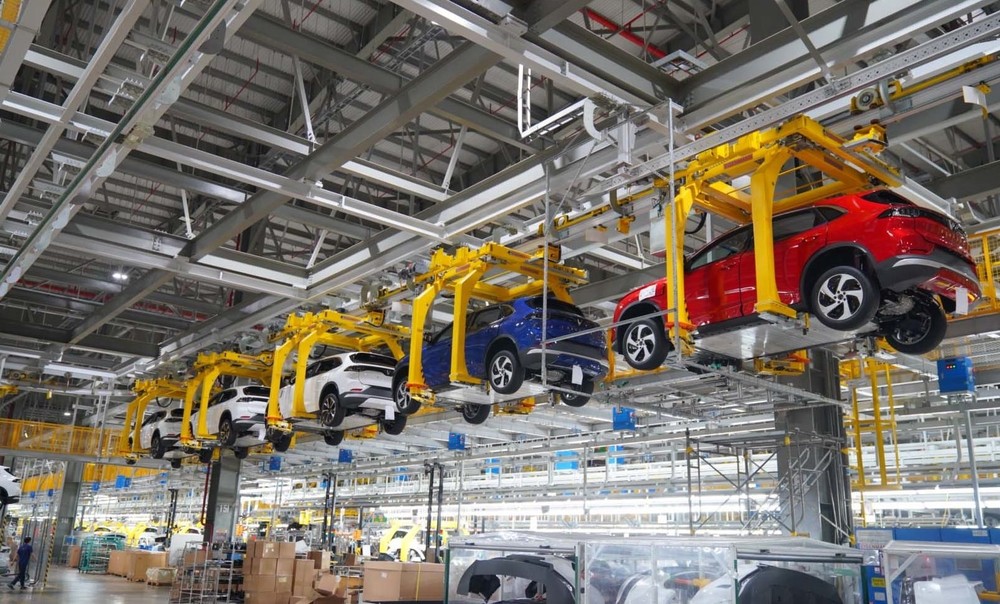
In a draft version of Vietnam’s national fuel consumption standard currently open for public consultation, the Ministry of Construction has proposed setting the average fuel consumption for passenger cars at 4.83 liters per 100 kilometers by 2030. The proposal has sparked concerns over its feasibility, given that implementation is expected to begin in just five years.
The Vietnam Automobile Manufacturers’ Association (VAMA) has warned that the 4.83 liters/100km target is excessively stringent. At present, around 96 percent of cars in Vietnam run on conventional gasoline engines, and even 14 percent of hybrid models fail to meet the proposed benchmark.
Commenting on the issue, Mr. Le Hong Viet, Deputy Director of the Motor Vehicle Emission Testing Center under the Vietnam Register, noted,
“The draft TCVN on new fuel consumption standards is still in the consultation stage. The scope of application covers only newly manufactured, assembled, or imported vehicles, not those already in circulation. Moreover, the 4.83 liters/100km figure is a national average target, not a threshold for every individual model or company. Each automaker will be assigned its own target, based on product portfolio and average fleet weight.”
According to Mr. Le Hong Viet, the drafting committee continues to study market data and development trends in the domestic auto industry—particularly the rise of electric vehicles—to craft a suitable roadmap that balances international commitments with the practical realities of Vietnam’s market and enterprises.
Currently, Vietnam is enforcing energy-labeling requirements and Euro 5 emission testing for passenger cars with up to nine seats, including those newly manufactured from parts or imported as unused vehicles.
However, existing regulations—such as those on energy labeling and QCVN 109:2024/BGTVT—have yet to set limits for carbon dioxide emissions or fuel consumption for passenger cars. This regulatory gap has reduced the effectiveness of efforts to curb carbon emissions in the transport sector.
In 2013, the Ministry of Science and Technology issued TCVN 9854:2013 on passenger car fuel consumption limits and measurement methods. But since it was not mandatory, it has had little impact. The proposed replacement of TCVN 9854:2013 is therefore seen as essential, giving automakers, assemblers, and importers time to prepare.
Fuel-efficient vehicles, experts stress, can deliver tangible savings for drivers. Cutting consumption by just 0.5-1 liter per 100 kilometers can save millions of Vietnamese dong annually for each car owner. For transport businesses, reduced fuel costs mean higher profits, lower service prices, and greater competitiveness. Over the long term, as Vietnam’s vehicle fleet shifts toward hybrids and EVs, fuel expenses could fall even further, reducing pressure on petroleum imports.
























